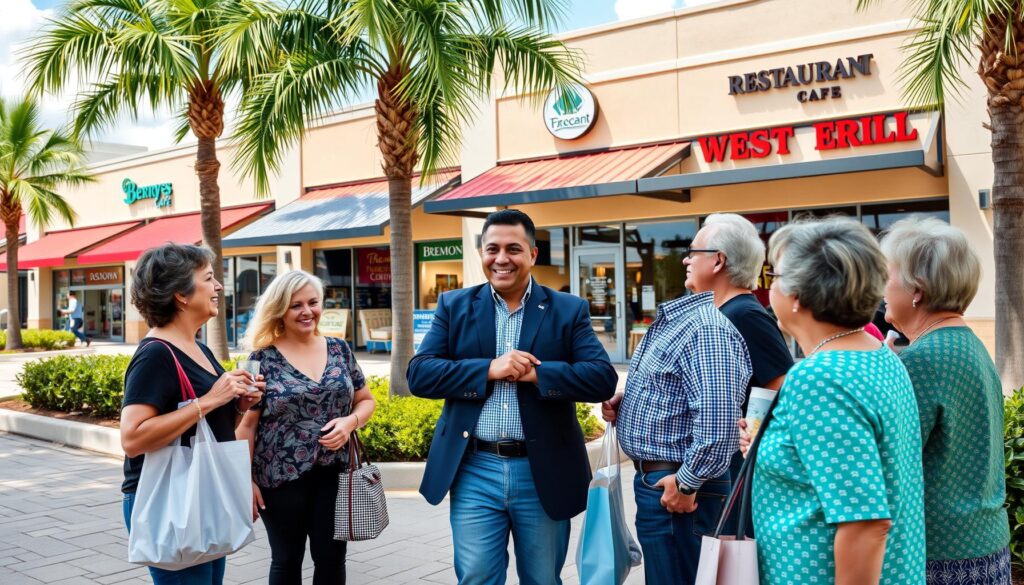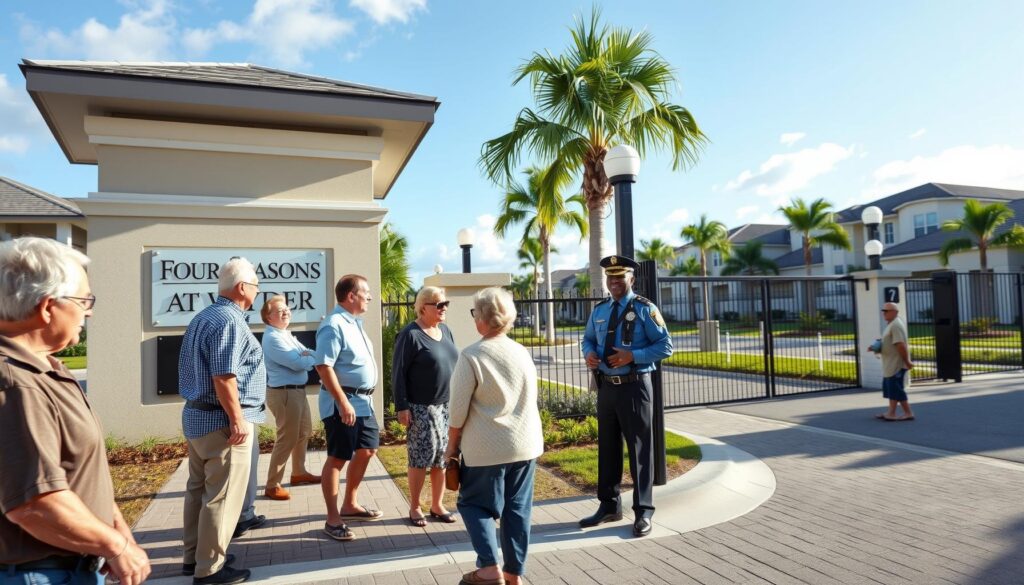Understanding the CDD fee Florida is essential for buyers considering retirement communities in the Sunshine State. Community Development District (CDD) fees are common in many Florida neighborhoods, particularly in active adult communities, and they directly impact homeowners’ annual expenses. To fully understand your financial obligations, it’s also helpful to explore HOA fees in 55+ communities and how they differ from CDD fees.
What is a CDD Fee?
A CDD fee stands for Community Development District fee. It is a special assessment used to finance infrastructure and amenities within a neighborhood or community. These fees cover the costs associated with building and maintaining roads, utilities, landscaping, recreational facilities, and other common areas.
In Florida, CDD fees are typically established by developers during the initial stages of community development. They are assessed annually and collected along with property taxes, making them an important consideration for prospective homebuyers, especially those looking at retirement communities. More details about how these fees are structured can be found on the official State of Florida website.
How CDD Fees Work in Florida
In Florida, a CDD is governed by a board of supervisors, initially appointed by the developer and later elected by residents. The CDD issues bonds to raise funds for infrastructure projects, and homeowners repay these bonds through annual assessments.
The fee is divided into two parts:
- Debt Service Fee: This portion repays the bonds issued to build infrastructure. It typically lasts 20 to 30 years, after which it may be eliminated or significantly reduced.
- Operations and Maintenance Fee: This ongoing fee covers the maintenance of community amenities, landscaping, and common areas. It remains in effect indefinitely.
Why CDD Fees Are Common in 55+ Communities in Florida
CDD fees are particularly prevalent in Florida’s 55+ communities because these neighborhoods often feature extensive amenities tailored to active adult lifestyles. Facilities such as clubhouses, pools, tennis courts, golf courses, walking trails, and fitness centers require significant initial investment and ongoing maintenance.
By establishing a CDD, developers can finance these amenities upfront, spreading the cost over time among homeowners. This approach allows residents to enjoy high-quality facilities from the outset, enhancing their retirement lifestyle.
Typical Costs of CDD Fees in Florida Retirement Communities
The amount of a CDD fee varies widely depending on community size, amenities, and infrastructure. In Florida’s active adult communities, annual CDD fees typically range from $500 to several thousand dollars per year.
Factors influencing the cost include:
- The number and quality of amenities offered
- The size and scope of the community
- The age of the community and remaining bond obligations
Prospective buyers should carefully review the community’s CDD fee structure and budget accordingly. Additionally, understanding how to finance a home in a 55+ community can help buyers effectively plan their budgets.
CDD Fees vs. HOA Fees: What’s the Difference?
While both CDD fees and Homeowners Association (HOA) fees support community amenities and maintenance, they differ significantly:
- CDD Fees: Established by local government districts, these fees fund infrastructure and common area maintenance. They appear on property tax bills and include bond repayment.
- HOA Fees: Set by homeowner associations, these fees cover community management, rules enforcement, and amenity upkeep. HOA fees are billed separately from property taxes.
Many Florida retirement communities have both CDD and HOA fees, so buyers should factor both into their budgeting decisions.
Benefits and Drawbacks of CDD Fees in Florida
Benefits:
- Immediate access to well-developed amenities and infrastructure
- Enhanced property values due to quality community features
- Transparent and structured financing method
Drawbacks:
- Increased annual housing costs
- Long-term financial commitment
- Possible confusion between CDD and HOA fees
How to Find Out if a Florida Community Has a CDD Fee
Prospective buyers can determine if a Florida community has a CDD fee by:
- Reviewing property listings, which typically disclose CDD fees
- Consulting with real estate agents familiar with the area
- Checking county property appraiser websites for detailed tax information
Understanding the presence and amount of CDD fees is crucial for making informed purchasing decisions in retirement communities. For more information on property taxes and assessments, visit the official IRS website.
Frequently Asked Questions About CDD Fee Florida
What is a CDD fee in Florida?
A CDD fee is a charge homeowners pay to fund community infrastructure and amenities. It is common in Florida neighborhoods, especially retirement communities, and is included in property tax bills.
Are CDD fees permanent in Florida?
The debt service portion of a CDD fee typically lasts 20 to 30 years until bonds are repaid. However, the operations and maintenance portion continues indefinitely to maintain community amenities.
How much are typical CDD fees in Florida retirement communities?
CDD fees in Florida retirement communities usually range from $500 to several thousand dollars annually. Fees depend on community amenities, size, and infrastructure.
Can you avoid paying CDD fees in Florida?
You cannot avoid paying CDD fees if you purchase in a community that has them. However, you can choose a community without CDD fees if you prefer lower annual costs. To explore your options, consider reviewing our detailed guide to living in Port St. Lucie 55+ communities.





